Surf Sports
SBSLSC covers the entry fees for the targeted carnivals providing each competitor meets their patrol obligations and is a current financial member. Minimum patrol hours must be met to be eligible to compete at State & Australian Titles. The following patrol hours are required to be completed from 1st January to 31st December in the same calendar year.
The following requirements apply:
- Active members 25 hours
- Reserve Active members 12.5 hours
- Long Service members 0 hours
To check your current hours, please log on to https://www.surflifesaving.com.au/members
SBSLSC requires all members to continue with their patrol obligations into the new year.
To learn more about each surf sport event on offer see the sports information below…
Swansea Belmont Nippers
Our junior surf lifesaving nipper program introduces lifesaving to children aged from 5 to 14 years.
Swansea Belmont Nippers (held Sunday mornings) involves teaching kids the basic surf skills of wading, dolphin diving, surf swimming and board riding as well as learning basic surf survival skills. Kids also engage in beach activities like running, relays and beach flags. Our younger age groups, 6’s and 7’s also enjoy games such as shark v fish (aka Red Rover Cross Over), ball tossing and bucket team games on the surf shore. All kids learn team building skills and socially have fun with friends.
Held at Blacksmiths Beach on Sunday mornings, our nipper program is conducted on one of the safest beaches in our region, kids experience water confidence activities and racing every week.
For further information please contact our Director of Junior Activities, Michael Legge – michael.legge@live.com.au or our Junior Secretary, Kristie Dunne – 0408 777 407.
For all registration enquiries please contact Carolyn swanseabelmontslscregistrar@gmail.com
Competition
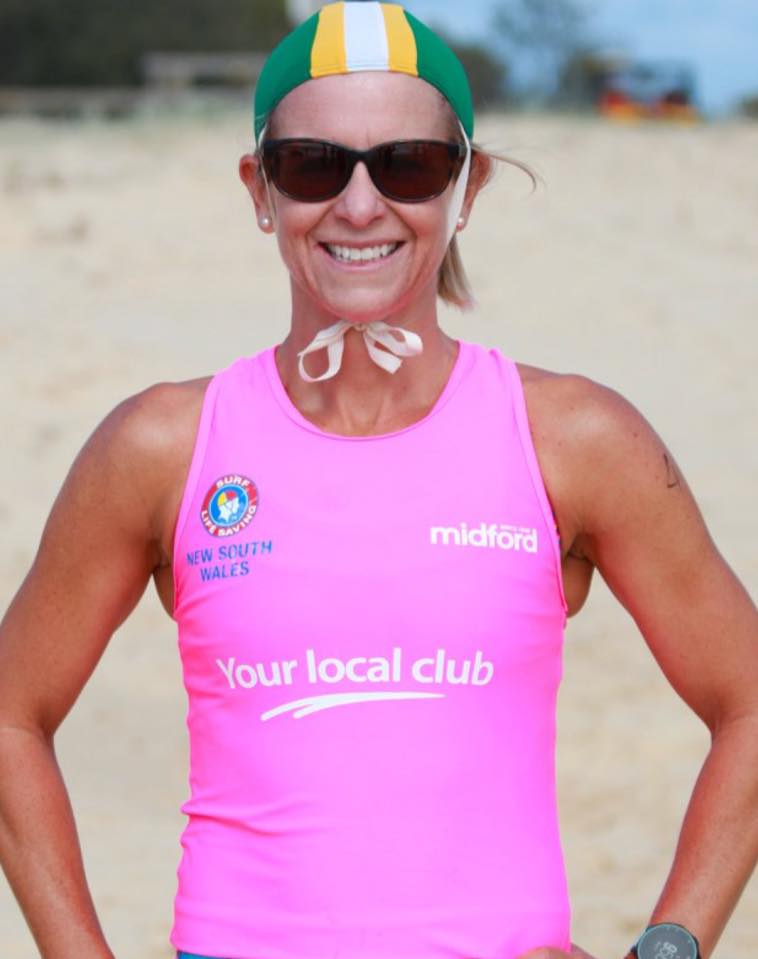
Beach Events
Beach Sprint
Competitors race on a straight sand course of approximately 70 – 90 metres to the finish line
Beach Relay
Teams of 4 competitors racing on a straight sand course of approximately 70 – 90metres with a baton, running one lap each. The final runner of a team over the finish line wins
Beach Flags
Competitors start lying on their stomach facing away from a baton/s buried in the sand approximately 15 – 20metres away. There is always less batons than competitors. On the starting gun, competitors rise, turn and race to secure a baton. The competitor(s) who fail to obtain a baton are eliminated. The process repeats until there is a single winner
2km Run
Competitors race on a sand course in four laps of 500metres to total approximately 2km
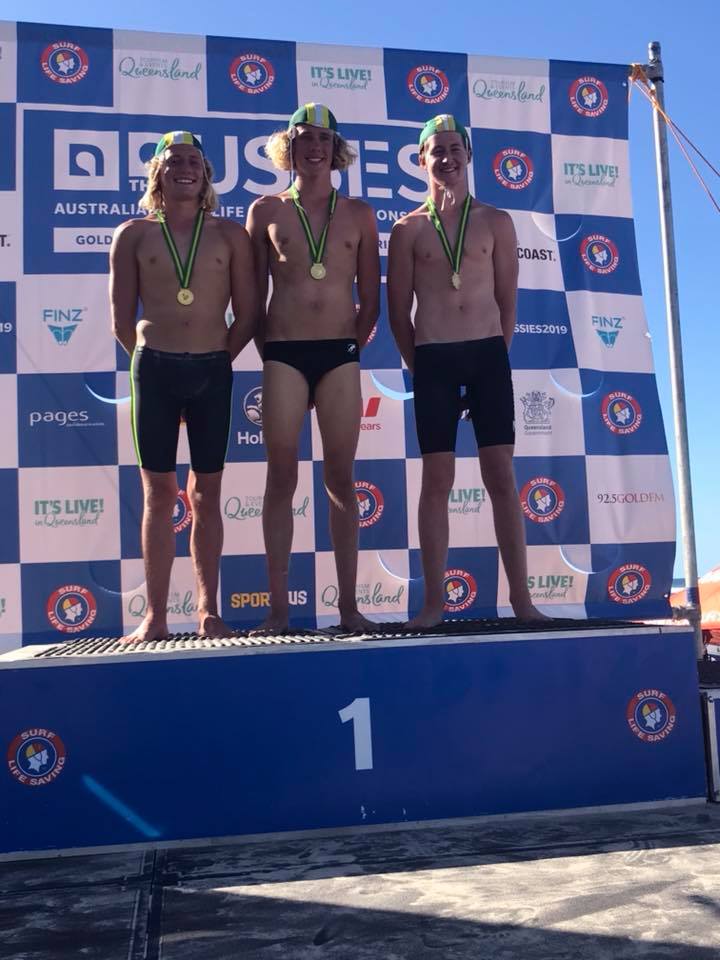
Board Events
Board Races
From the beach (standing start) each competitor enters the water with their surf board, paddles around all buoys and returns to the beach. The winner is judged by the first competitor to cross the finish line on their feet and in contact with their board.
Board Relay
Teams of three competitors compete in a relay format over a course similar to the respective individual races. After rounding the buoys and returning to the beach the first competitor runs around two turning flags to tag the second competitor. The second competitor then completes the course and tags the final competitor. The race finishes when the final competitor rounds all buoys, returns to the beach and runs to the finish line.
Board Rescue
The patient swims out to the allocated buoy from the start/finish line, upon reaching allocated buoy puts arm over buoy and raises arm to signal the rescue board paddler who then paddles out, collects the patient and paddles them back to the finish line on the beach. Both rescuer and patient must finish across the line with contact to the board.
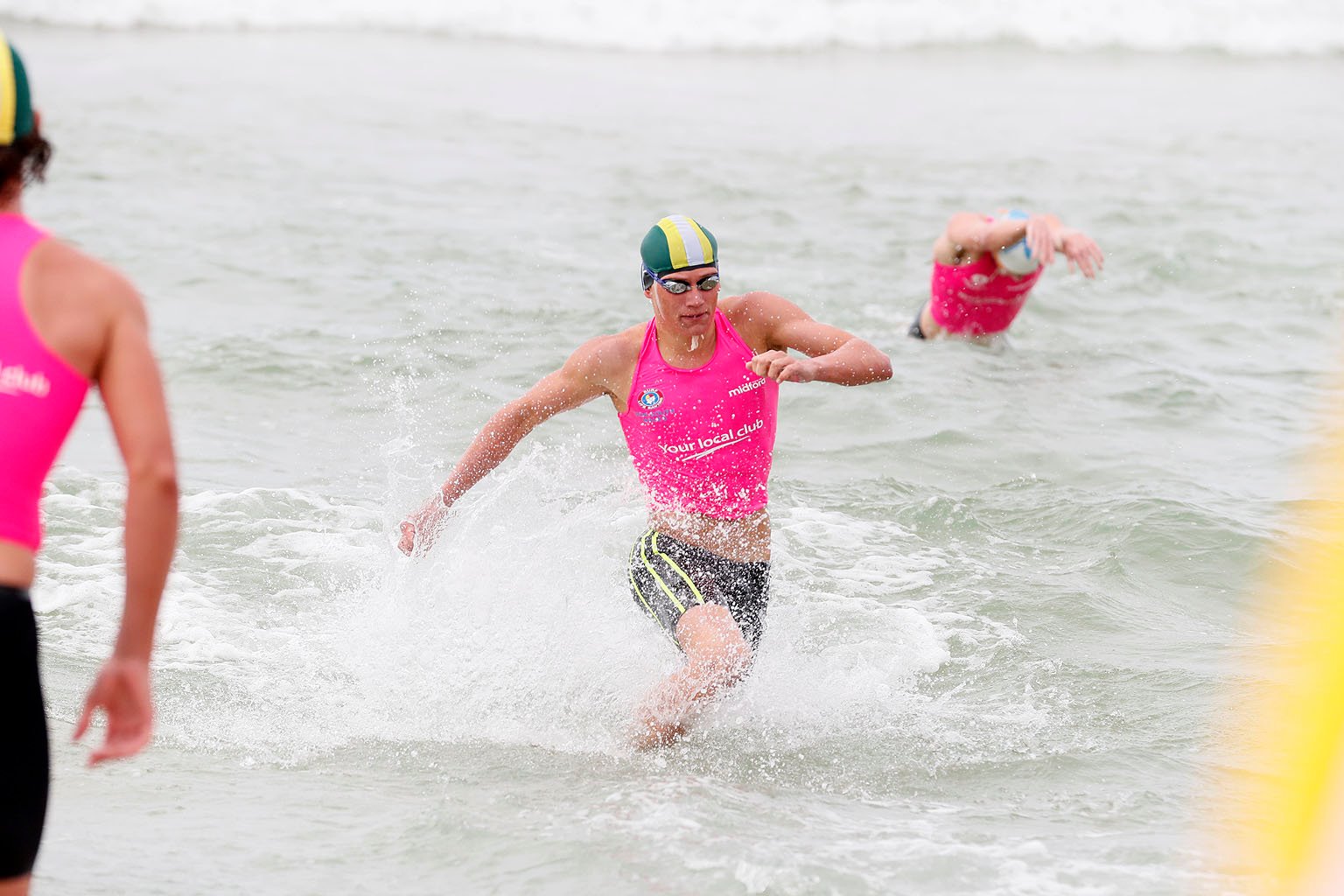
Swimming Events
Swimming ability is a prime factor in surf lifesaving. SLSA Swimming events have been designed to encourage members to keep fit for lifesaving duties. Events include:
Surf Race
The Surf Race involves swimmers starting on the beach and then running, wading and swimming about 170metres to sea to round as set of buoys and then return to the beach. The event concludes with a run finish to the flags placed on the beach.
Belt Race
The Surf Belt race involves the use of the surf reel, line and belt and is one of the most prestigious and traditional races in surf lifesaving competition. The event begins on the beach with the swimmer placing the belt around their waist and towing a surf line out to their allocated buoy and signalling their finish. The Belt swimmer is assisted by three linesmen and a reel handler.
Rescue Tube Rescue Race
The rescue tube rescue event features four team members: a patient, a rescue tube swimmer and two rescuers/assisters. The event commences with the patient swimming to their allocated buoy and signalling back to the beach. The rescue tube swimmer then swims to rescue the patient with the assistance of swimming fins and a rescue tube. Upon arrival at the buoy the rescue tube swimmer harnesses the patient into the tubes and swims back to the beach. As the rescue tube swimmer and patient approach the shore the two rescuers enter the water to assist in getting the patient across the finish line.
Rescue Tube Race
The rescue tube race is contested on the same course as the surf belt race. When the race commences the competitors must run up the beach to collect their rescue tube, turn and race to the water and swim to their allocated buoy to signal their finish of the race
Life Saving Competition
SLSA conducts several events aimed at highlighting and developing the skills involved in rescue, resuscitation and first aid, assisting members to perform their patrolling duties.
Pool Rescue
Pool Rescue events cover the all important situation of rescuing someone in a backyard or public pool. Manican rescue, tow & obstacle swim are just some of the events.
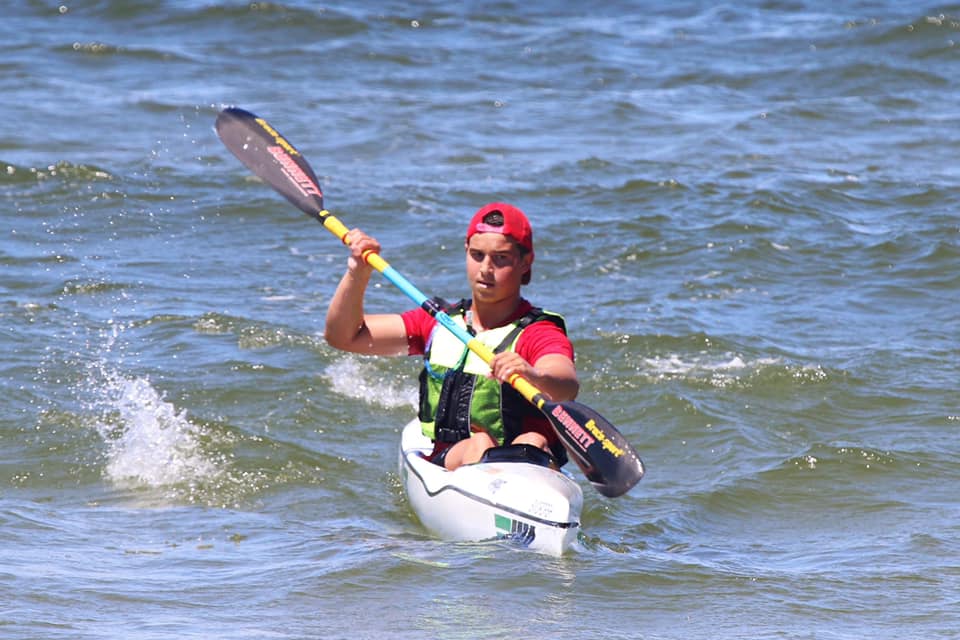
Ski Events
Single Surf Ski Race
From a floating start, competitors paddle their surf ski around three buoys and return to the finish line. The finish is judged when any part of the surf ski crosses the finish line with the competitor and their paddle all in contact.
Double Surf Ski Races
From a floating start, competitors (two per ski) paddle their ski around three buoys and return to the finish line. The finish is judged when any part of the ski crosses the finish line with both team members and at least one paddle in contact with the ski.
Surf Ski Relay
Teams of three competitors compete in a relay format over a course similar to the respective individual races. After rounding the buoys and returning to the beach the first competitor runs around two turning flags to tag the second competitor. The second competitor then completes the course and tags the final competitor. The race finishes when the final competitor rounds all buoys, returns to the beach and runs to the finish line.
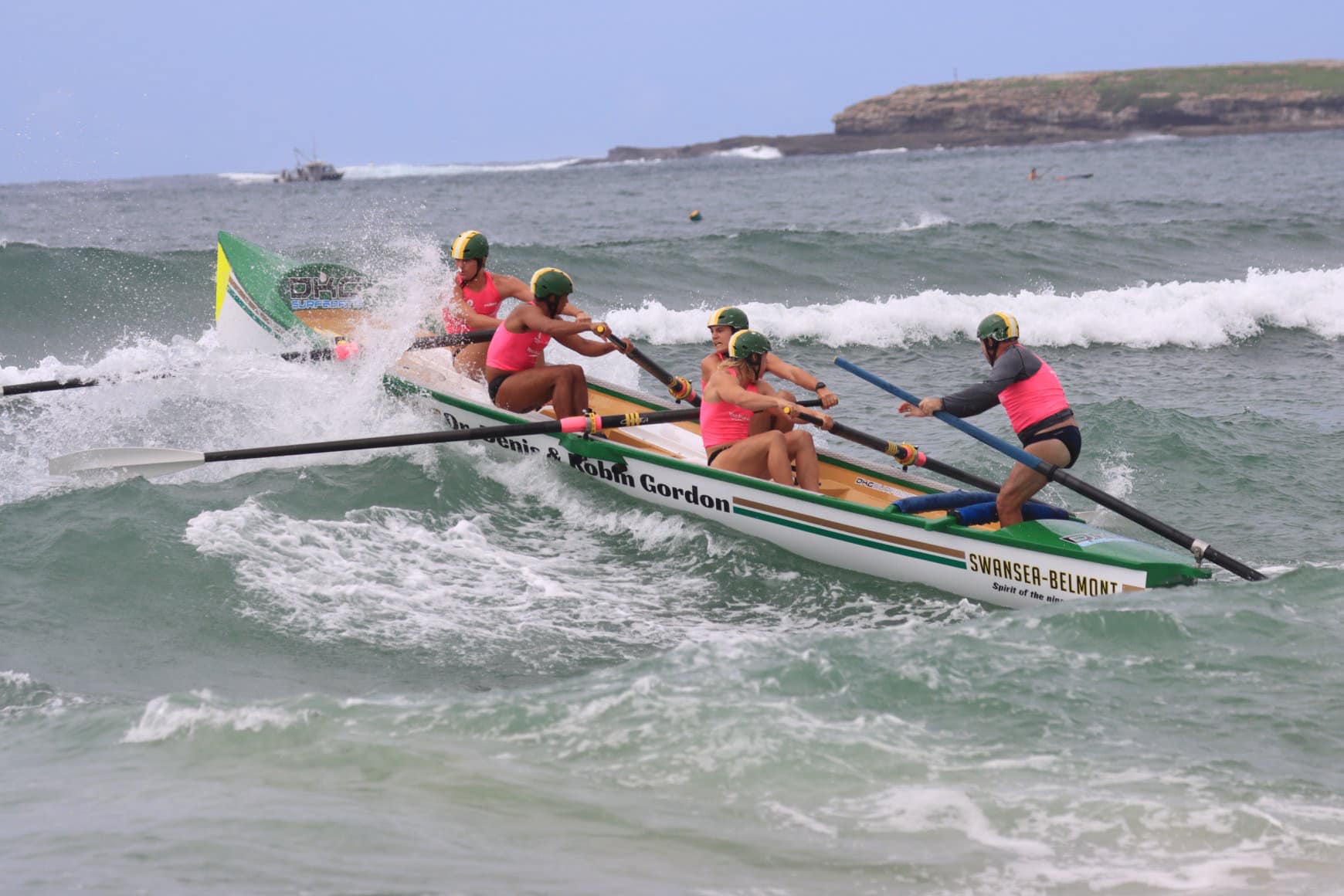
Boat Events
A boat crew shall consist of five competitors, four of whom shall be “rowers” and a “sweep” who controls the boat by use of a sweep oar and commands to the rowers.
Boat crews start at the water’s edge holding their boats ready. On the starting signal, crews row around their assigned turning buoy situated approximately 400metres off shore and return to the beach. The winner is the first crew to pass their boat between the finish flags on the beach.
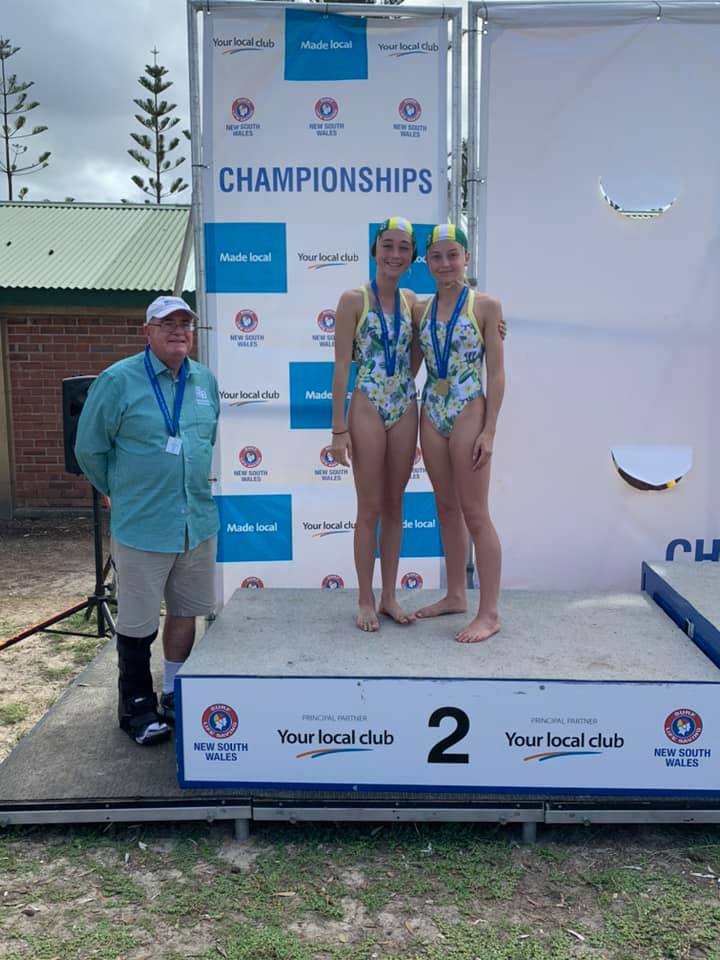
Rescue & Resuscitation
The Rescue and Resuscitation (R&R) competition provides the opportunity for SLSA members to demonstrate in a competitive manner some traditional rescue and resuscitation techniques used in Surf Life Saving. R & R comprises of a march on, traditional laying of the surf belt, rescue simulation & CPR simulation. R & R is considered the premier event in Surf Life Saving.
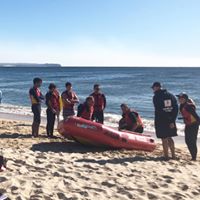
IRB Racing
The focus of IRB racing is to hone the abilities of IRB drivers and crew, with five events that generally revolve around the concept of IRB rescues and craft preparation.
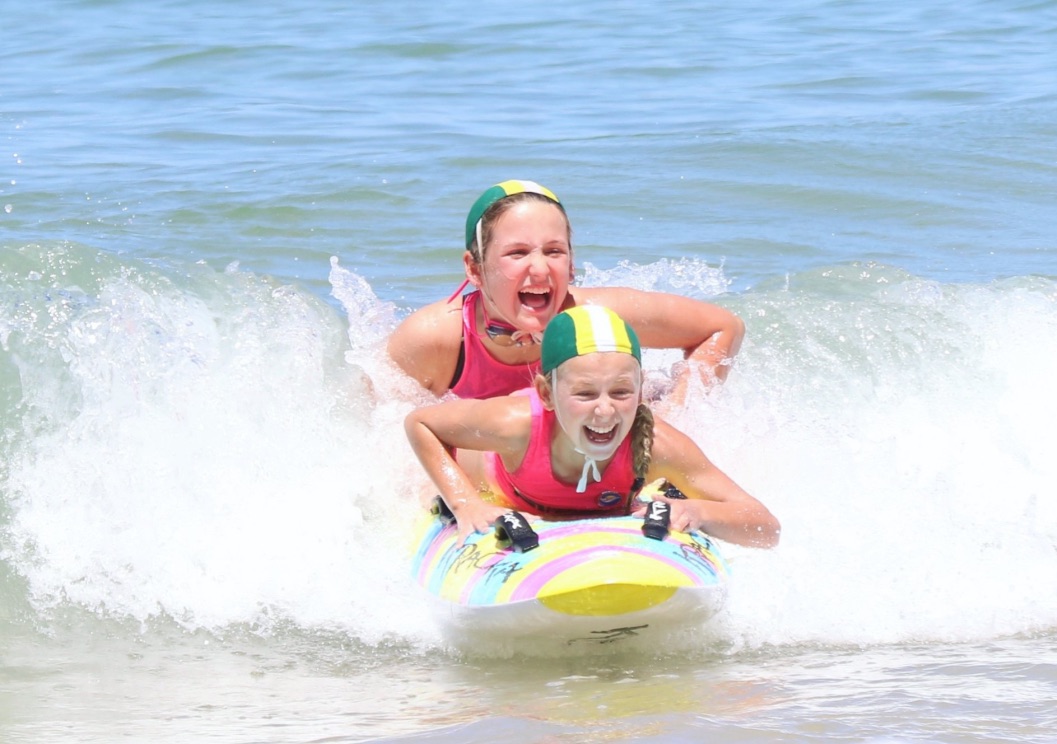
Multi Discipline Events
Multi-discipline refers to events that require competitors to specialise in a combination of swim, board and ski legs, the most notable being the famous Ironman and Ironwoman.
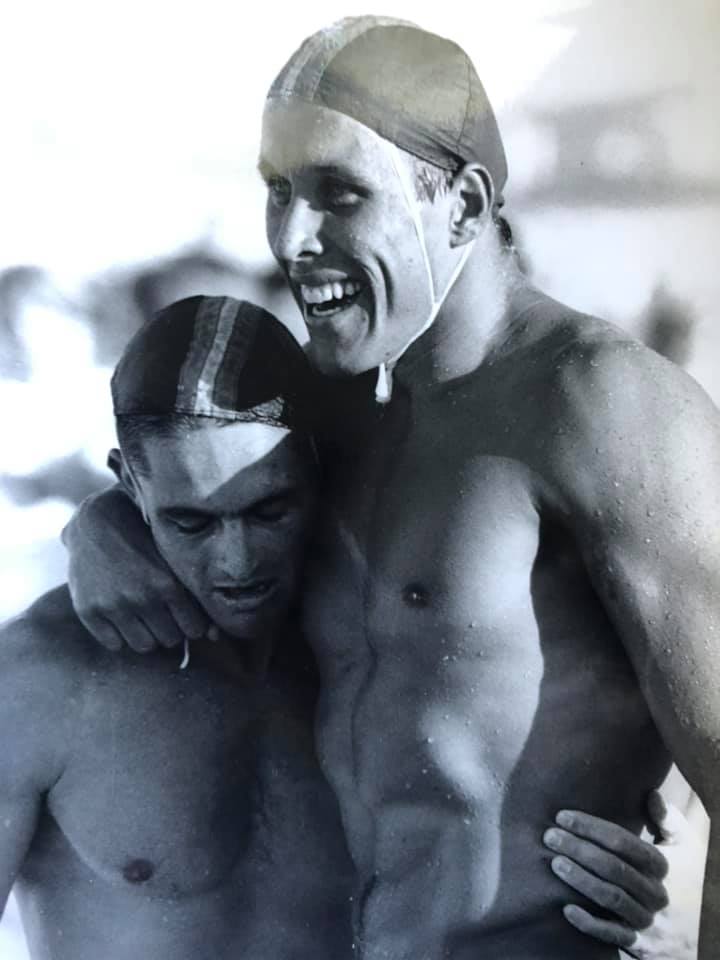
Master Events
SBSLSC cover the entry fees for the targeted carnivals providing each competitor meets their patrol obligations and is a current financial member.
Minimum patrol hours must be met to be eligible to compete at State & Australian Titles.
Carnival Nominations
Please contact Leanne Johnson with any questions you may have on leannejohnson2010@hotmail.com or 0414 646 355.
